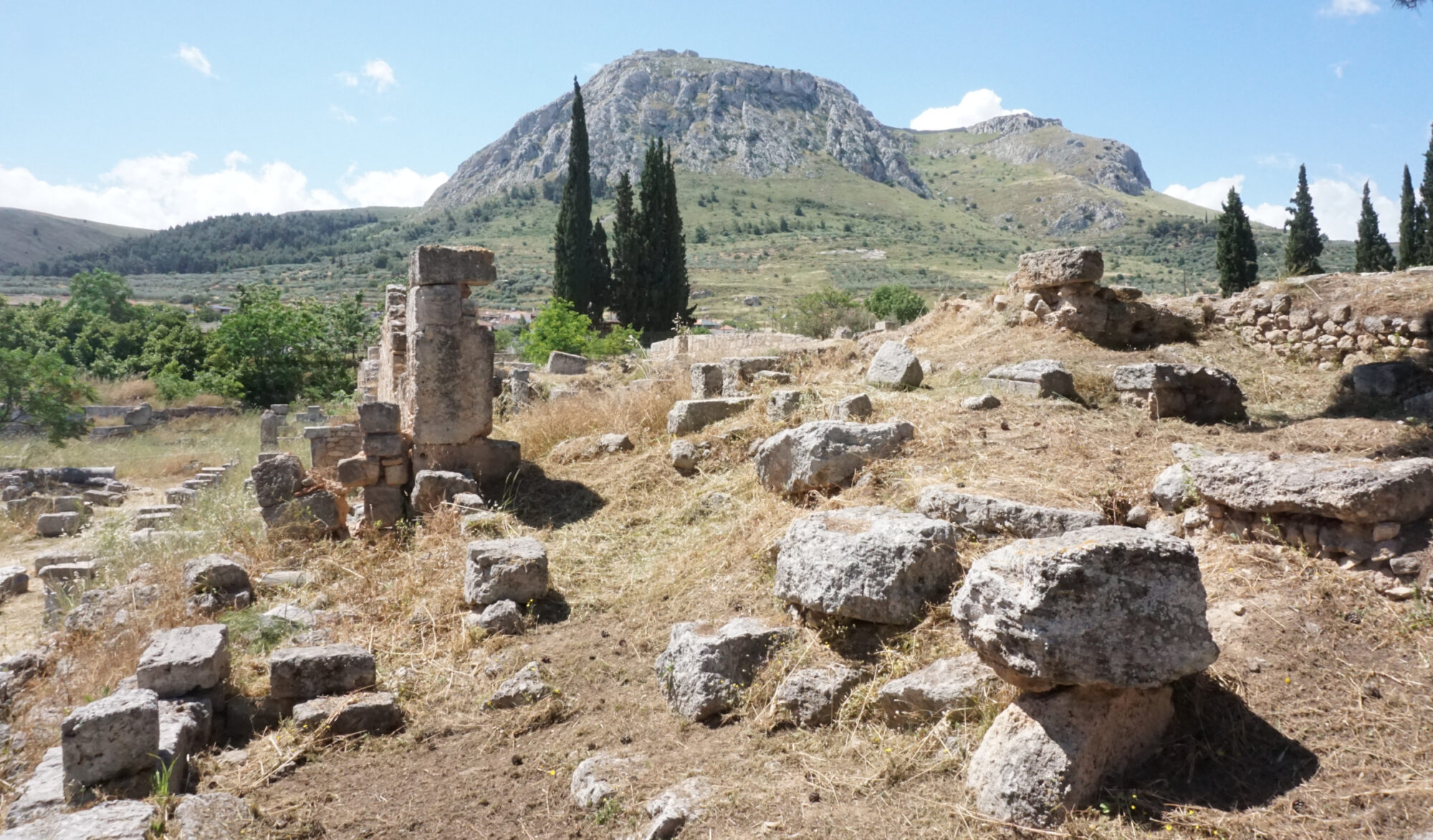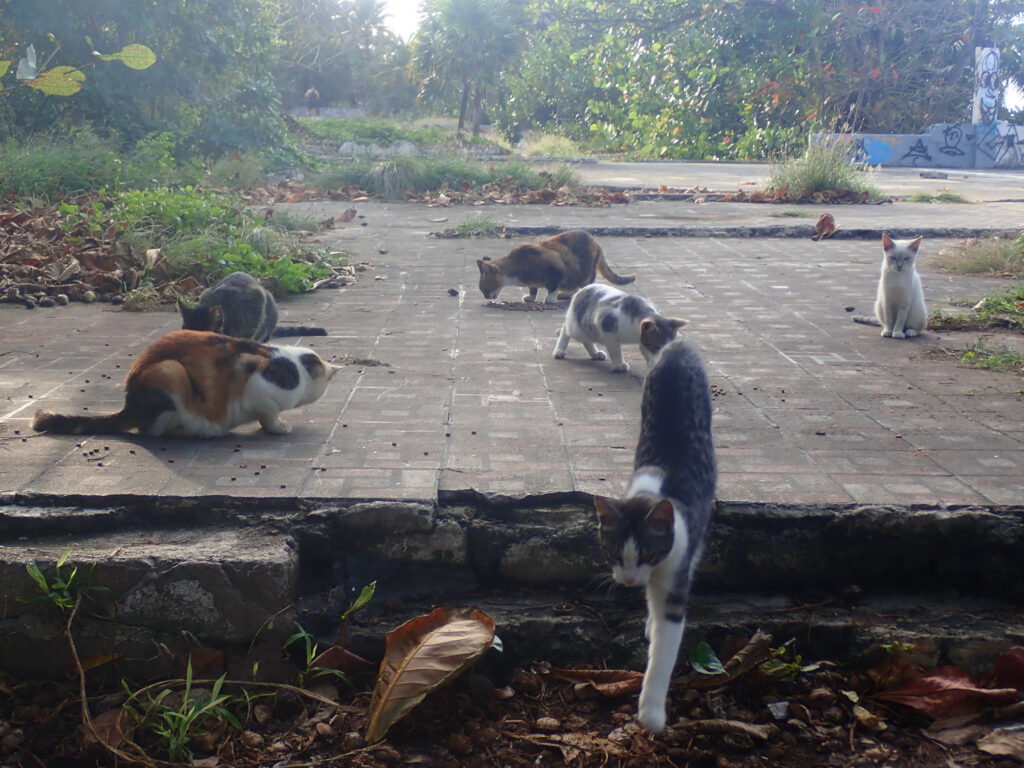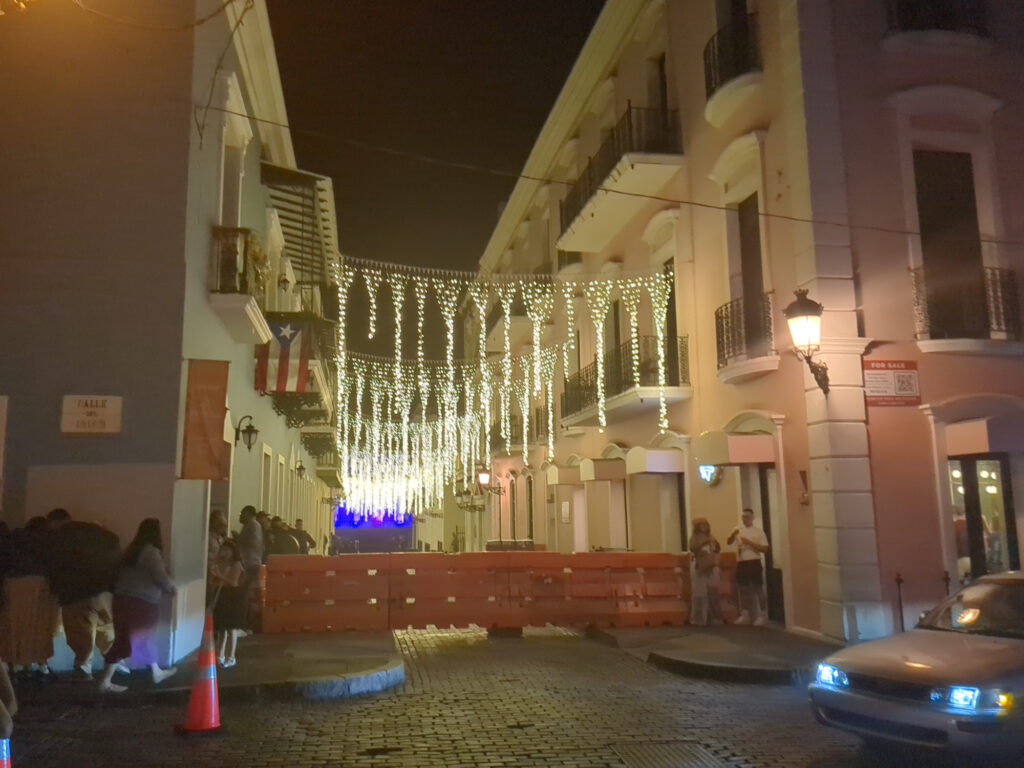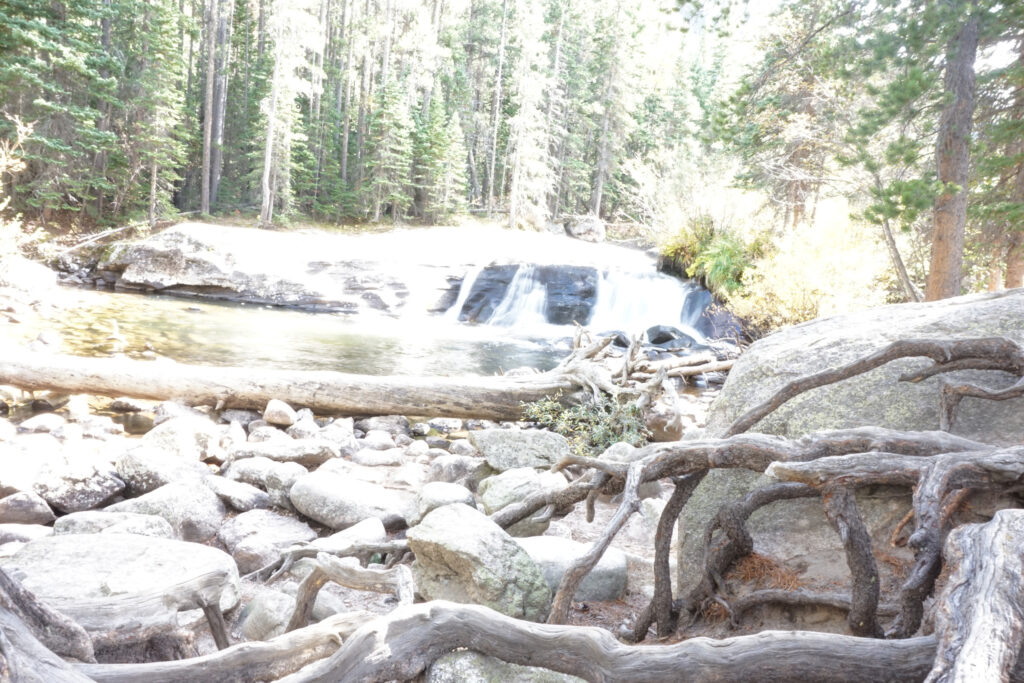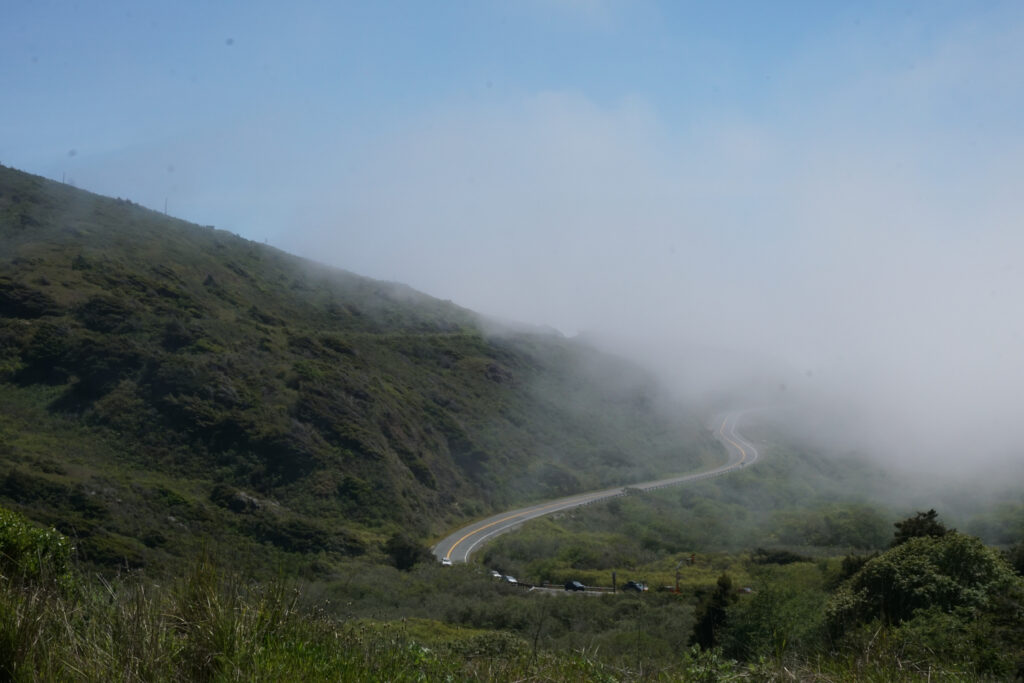
Acts 17:4 (ESV)—And some of them were persuaded and joined Paul and Silas, as did a great many of the devout Greeks and not a few of the leading women.
I walked along the Amelia Island beach on a mission. Head down, I scanned the dense shell beds for the familiar glint of black. The tide rolled past my feet, shifting the shells like beads in a rain stick.
Nothing yet. I nudged a jumble of coquina with my toe, searching. Again, saltwater raked the shell bed. As the shells moved, a glisten caught my eye, shiny and black.
I stopped walking and bent down to examine the sharp point. I snatched it from the surf.
I’d found it: a shark’s tooth.
Like my mission, Paul’s required steadfast dedication (though his was definitely more important!). In Acts 17, he rolled with the tide of questions and disturbances, moving in and out of cities for his safety. All the while, he spread the gospel of salvation, with the mission to bring others to Christ. His persistent seeking of people to teach God’s message of salvation succeeded.
Like Paul’s, our persistence in moving with God’s tide allows for greater possibility of people finding Jesus. Through God’s guidance and protection, we can remain devoted to our mission for Christ. What’s more, we will see God’s work on earth succeed.
For certain, our commitment to revealing God’s Truth pays off: Lost souls come to know the gospel and accept Jesus as their Savior.
